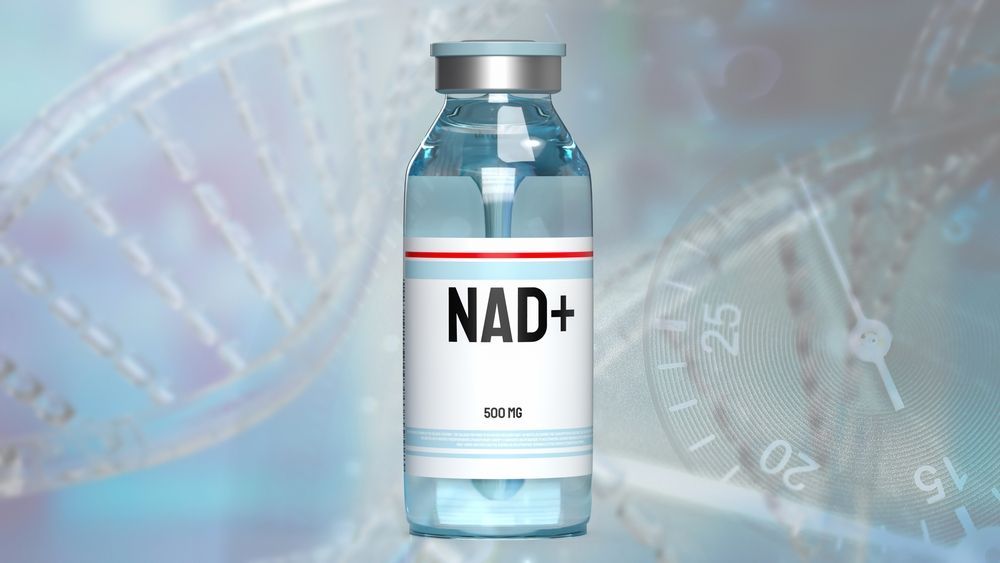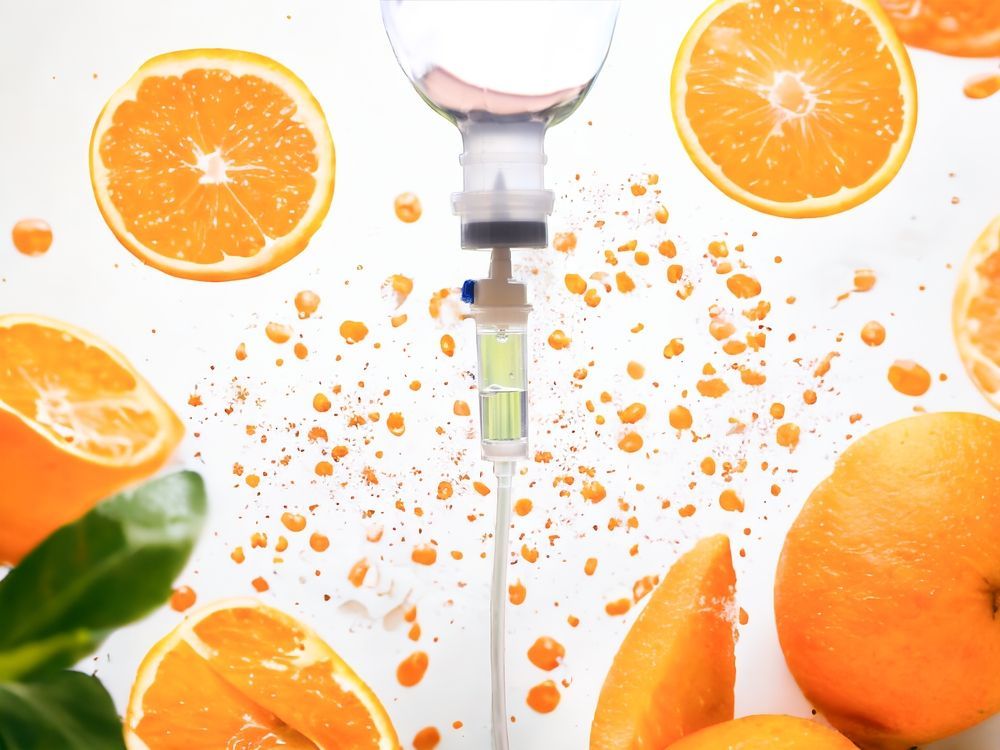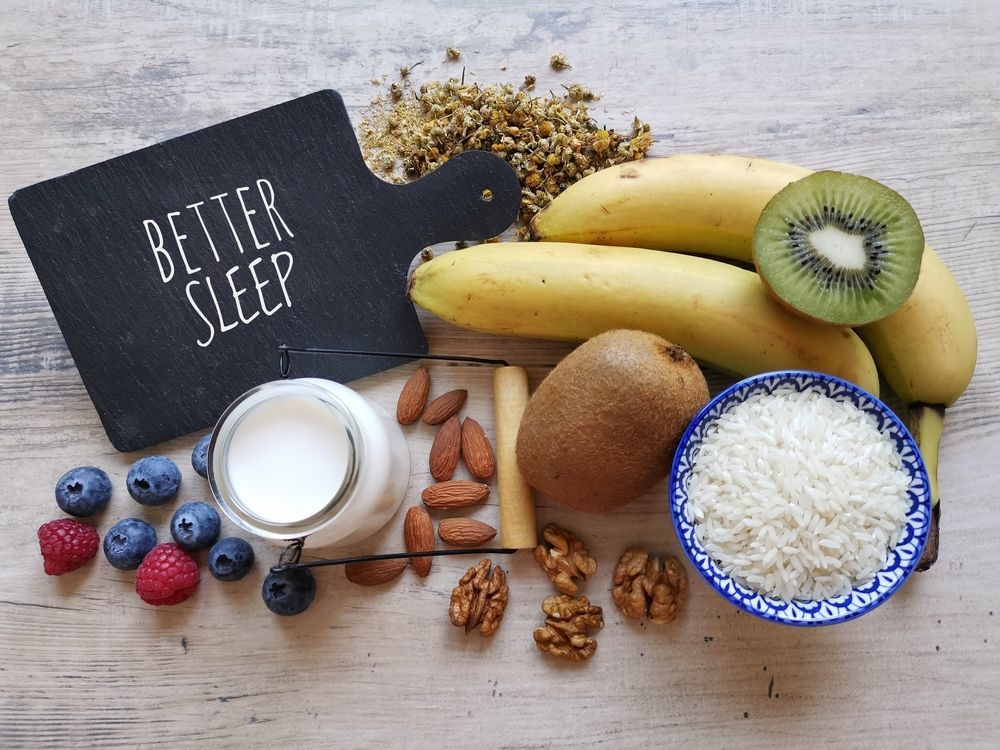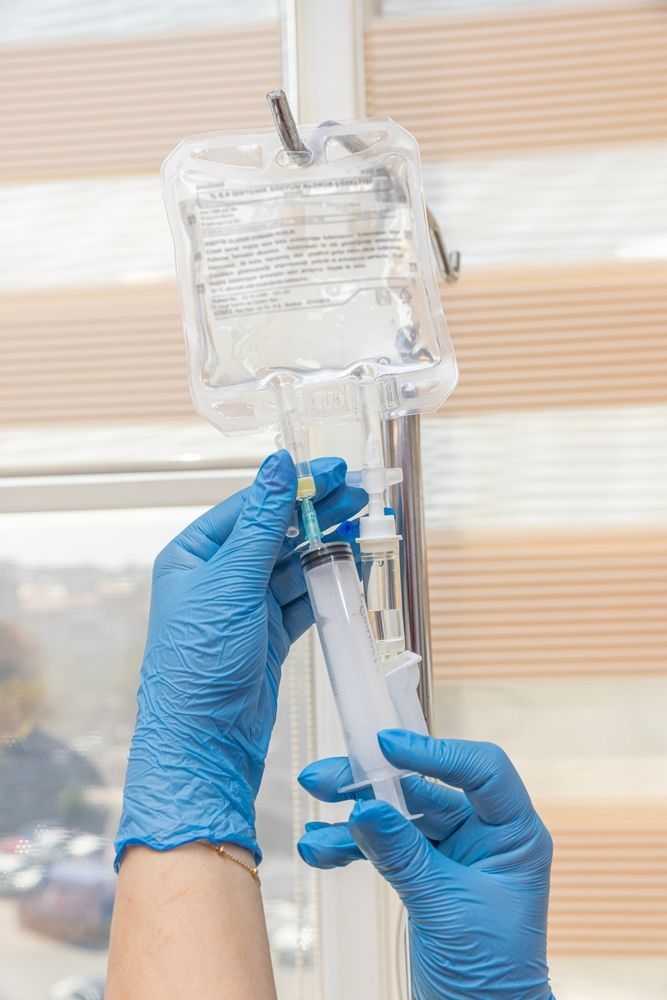Why Hydration is More Than Just Drinking Water

Hydration is often equated solely with drinking water, but it encompasses a much broader range of practices and sources. Proper hydration is essential for overall health, energy levels, and cognitive function. In this blog post, we’ll explore why hydration goes beyond just water and how to ensure you’re adequately hydrated for optimal wellness.
Understanding Hydration
What Does Hydration Mean?
Hydration refers to the process of providing adequate fluids to the body, enabling it to function correctly. While water is the most crucial component, hydration also involves maintaining the right balance of electrolytes, minerals, and fluids obtained from various food sources.
Why Hydration is Essential
Adequate hydration supports numerous bodily functions, including:
- Regulating Body Temperature: Staying hydrated helps maintain a stable body temperature through sweating and respiration.
- Supporting Digestion: Water aids in digestion by helping break down food and facilitating nutrient absorption.
- Enhancing Physical Performance: Proper hydration improves endurance and strength during physical activities.
- Boosting Cognitive Function: Dehydration can lead to fatigue, confusion, and reduced concentration.
Sources of Hydration Beyond Water
1. Foods with High Water Content
Many fruits and vegetables are excellent sources of hydration. Foods with high water content contribute significantly to your daily fluid intake. Some examples include:
- Cucumbers: Comprising about 95% water, cucumbers are refreshing and hydrating.
- Watermelon: This summer favorite is about 92% water and rich in vitamins.
- Celery: Another hydrating option, celery is about 95% water and low in calories.
2. Herbal Teas and Infused Water
Beverages other than plain water can also contribute to hydration. Herbal teas, for example, are a flavorful way to increase fluid intake. Infused water—water with slices of fruits, herbs, or vegetables—adds flavor and encourages more frequent drinking.
3. Electrolyte-Rich Drinks
When you sweat, you lose not only water but also essential electrolytes like sodium, potassium, and magnesium. Replenishing these electrolytes is crucial, especially after intense exercise or during hot weather. Sports drinks or natural alternatives like coconut water can help maintain electrolyte balance.
Signs of Dehydration
Understanding the signs of dehydration is crucial for maintaining optimal hydration levels. Some common symptoms include:
- Thirst: A primary indicator that your body needs more fluids.
- Dry Mouth and Fatigue: A lack of hydration can lead to dry mouth and general fatigue.
- Dark Yellow Urine: This can be a sign of dehydration; ideally, urine should be pale yellow.
- Dizziness or Confusion: Severe dehydration can affect cognitive function, leading to dizziness or confusion.
Tips for Staying Hydrated
1. Set Hydration Goals
Aim for a specific amount of fluids each day based on your activity level, climate, and individual needs. A common recommendation is to drink at least 8 glasses (64 ounces) of water daily, but this can vary.
2. Carry a Water Bottle
Having a reusable water bottle on hand encourages regular sipping throughout the day. Consider a bottle with measurement markers to track your intake.
3. Incorporate Hydrating Foods into Your Meals
Make a conscious effort to include hydrating foods in your diet. Salads, smoothies, and fruit bowls can all contribute to your overall fluid intake.
4. Listen to Your Body
Pay attention to your body’s signals. If you feel thirsty or notice signs of dehydration, make it a priority to hydrate.
Consider IV Hydration for Optimal Wellness
If you find it challenging to stay hydrated through traditional methods, consider IV hydration therapy. Services like Pure IV AZ offer convenient mobile IV hydration options that deliver essential fluids and electrolytes directly into your bloodstream. This method ensures rapid hydration and can be especially beneficial after intense workouts, during illness, or when recovering from a hangover.
Final Thoughts
Hydration is a multifaceted concept that goes well beyond merely drinking water. By recognizing the various sources of hydration and understanding the importance of maintaining proper fluid and electrolyte balance, you can support your body’s essential functions and overall health.
Make hydration a priority in your daily routine, and remember that both fluids and foods play a significant role in keeping you energized and healthy. Embrace a holistic approach to hydration, and your body will thank you!


















